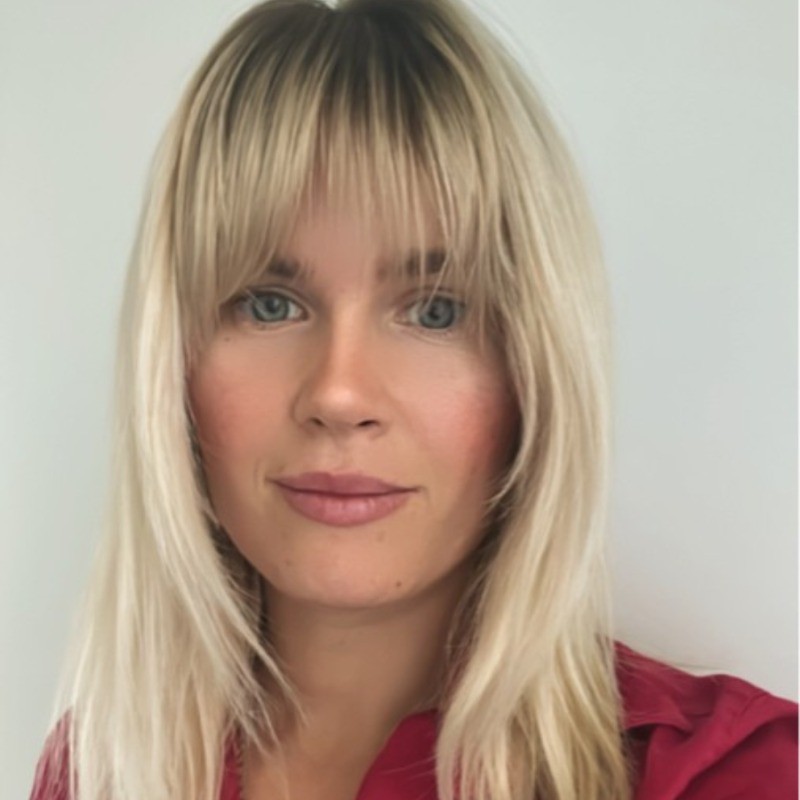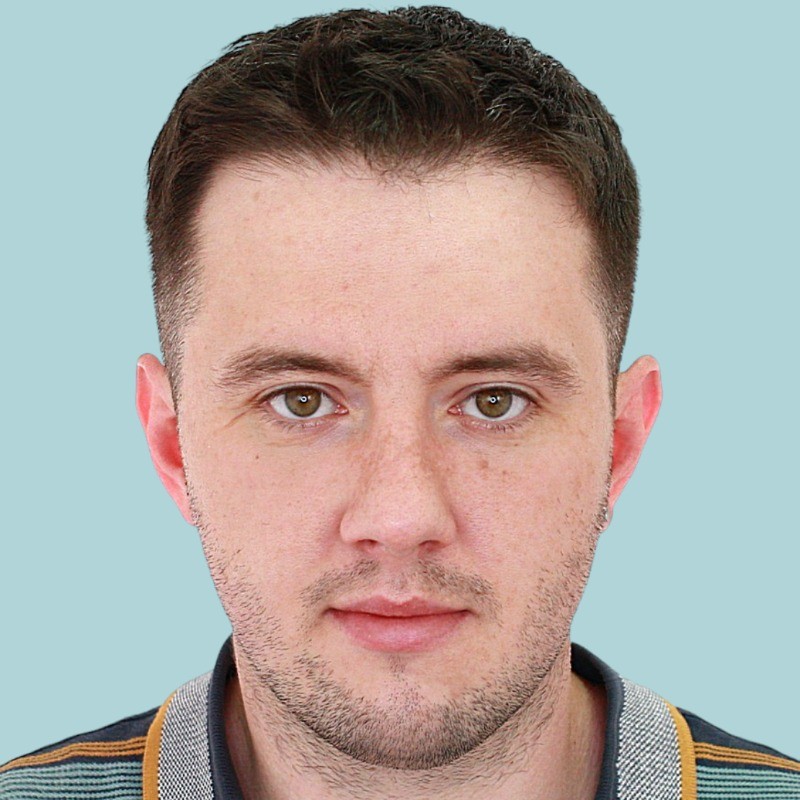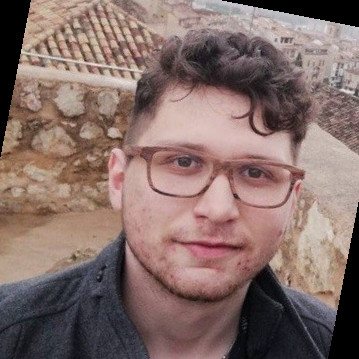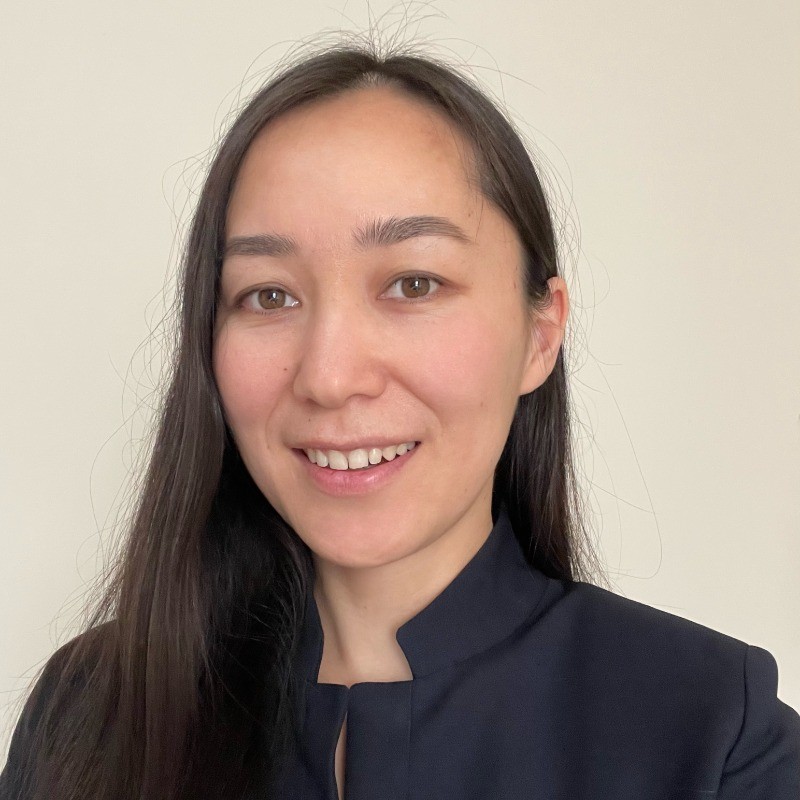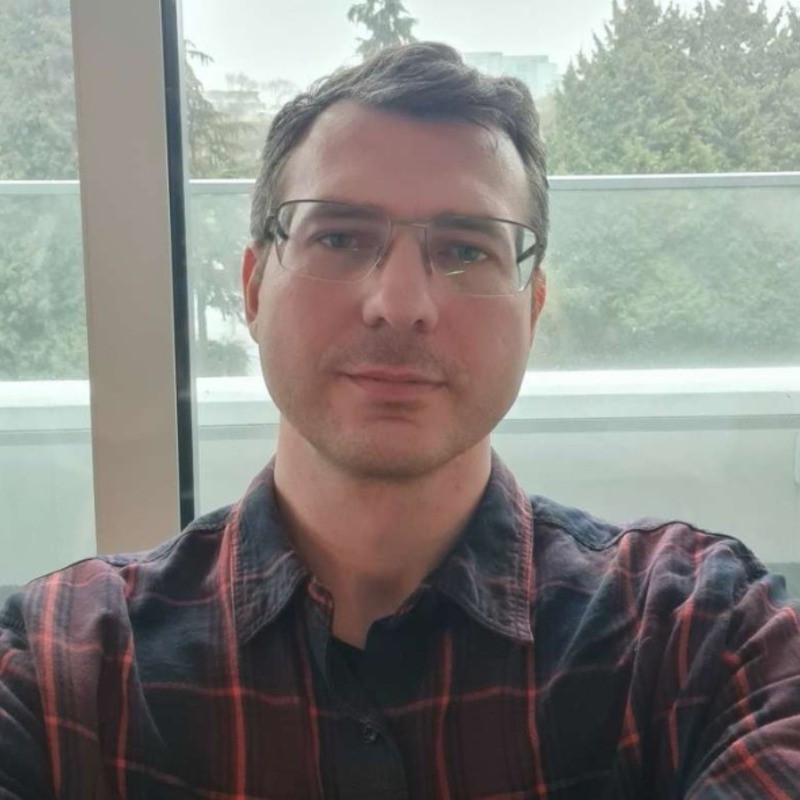I wanted to take a moment to express my gratitude and share my excitement. I’ve received an offer for the position of Junior Analytics Engineer and I can hardly believe it. For me, this is the best possible start, something I couldn’t have even imagined! I had been seeking a Data Analyst position here in Canada, and let me tell you, job hunting here felt like a nightmare at times. The entire process took six months, during which I received four offers—three of which didn’t quite align with my goals, in another field, so I had to turn them down each time. That was incredibly challenging, especially being in a new country and feeling as though I couldn’t find the job I really wanted. And yet, I wasn’t willing to settle for something I didn’t want.
Many people simply shrugged and even suggested that if I wasn’t prepared to take any opportunity, then North America might not be the place for me. But thanks to Dmitry , I found exactly what I was looking for. He always told me it was all about mindset, and now I completely agree. No matter who you are, if you work hard, keep learning, and surround yourself with people who encourage you to aim higher, you’ll make it.
I also want to extend my gratitude to Nikita and Tsebek for their help and support.
Before 2022, I spent a decade working for one of the top three banks in Russia. My responsibilities spanned data warehousing (Teradata, Oracle, MS SQL), ETL processes, business intelligence, analytics, reporting, and insights generation. For the last three years, I led a team of three departments with around 50 team members. I hadn’t coded since 2017, spending most of my time in countless meetings.
I arrived in Vancouver in mid-March 2022 and immediately started applying for Data Engineering and Data Analytics roles. I followed a simple formula: 10 applications to get 1 interview, and 10 interviews to land an offer. But after my first interview, it became clear that my biggest gap was hands-on experience with cloud platforms (AWS, GCP, Azure). Even though I had listed cloud skills on my resume, I struggled in technical interviews.
I tried various courses—some from AWS and Microsoft, others on Coursera and Udemy—but none of them seemed right. They were either too superficial and lacked practical elements or were too complex and time-consuming. Then, I came across the Surfalytics course, Introduction to Data Engineering and Analytics. It was exactly what I needed: a balanced mix of theory and hands-on practice. After two weeks of dedicated effort, I gained a solid understanding of cloud technology, data solution architecture, and a clear sense of where to dig deeper if needed.
The result? By May 1st 2022, I had secured my first full-time remote position. I continue to interview and grow my skills. Huge thanks to the creators of Surfalytics— I couldn’t have done it without their support!
Ekaterina
I was a telecom engineer and worked in that field before taking a break for maternity leave. I didn’t want to return to my previous job—I’d always dreamed of becoming an analyst but had no relevant experience or education. While on leave, I started the Surfalytics course. Although the first three modules were challenging and required extra research, I kept going, applied for jobs, and got some test assignments. Finally, I landed a junior analyst role at a financial reporting company! My starting salary was modest, but over time I’ve been promoted and even moved into a bank position. Thanks to Dmitry for such a wonderful and accessible course!
I genuinely love sharing cool, useful and most importantly free educational stuff. Best thing is, u can totally master most of the things without spending a dime. I know what it’s like not being able to afford a course, a bootcamp or whatever else.
So
In today’s rubric it's SurfalyticsTV by Dmitry Anoshin
Look, it's honestly baffling to me why it only has 1k subs given the quality and quantity of this stuff.
And it's gonna get only better as more content is gonna get released. I would highly recommend checking it all out, the mock interviews, the first two modules, the shorts.
When I arrived in the U.S. in late 2019, I had little idea of how to navigate the job market. I updated my LinkedIn, but most recruiter contacts ended quickly, partly due to my lack of work authorization.
On a friend’s advice, I joined a master’s program in 2021, which allowed me to work legally during studies. In 2022, I landed my first U.S. offer after a recruiter found me on LinkedIn. The process was straightforward—mainly experience and behavioral questions, without today’s extensive coding tests and multi-stage interviews. I was lucky, as I hadn’t been actively job-hunting.
Unfortunately, in December 2023, I had to leave my company when my work permit (CPT) expired. I planned to return in January with a new permit, but the company declared bankruptcy and froze hiring. I was unemployed again and felt lost.
Finding the Surfalytics community was a game-changer. I felt a sense of community with like-minded professionals, and the high-quality, free resources helped me build and organize my skills. Even though I didn’t fully leverage the community at first, I later realized the vast potential it offered.
In 2024, I reconnected with Surfalytics when Dmitry launched its English-speaking branch with a minimal subscription for Discord access. Here, I found mock interviews, live projects, and theme-based channels that were invaluable for honing my skills. Practicing SQL interviews, for example, helped me recognize and work on handling stress during live coding tasks.
The weekly updates and job-search progress shared by other members kept me motivated and focused. And through the Just Enough GitHub course, I solidified my Git and GitHub knowledge, with asynchronous pet projects helping me retain what I’d learned.
In Surfalytics, any question finds an answer, and the support you receive fosters both personal and professional growth. I’m grateful to Dmitry and the community for helping me advance my career in ways I hadn't imagined!
Anton Ivanov
In June 2020, I discovered Surfalytics, and it became a game-changer for me. Early on, I realized the importance of data analytics, and some webinars were incredibly useful. After some time, I landed a job as a systems analyst in retail product development, earning an average starting salary.
With 7 months of experience and self-study (~10 hours a week), I managed to secure a new offer with a salary about 2.5 times higher. Surfalytics SQL course, one of the best out there, helped refine my skills. Networking played a big role too—I wasn’t even planning to change jobs, but the opportunity found me!
For anyone starting out, with SQL, Tableau, or PowerBI, you can land a job quickly. Add Python to that, and jobs will come to you! Never give up, and good luck to everyone!For anyone starting out, with SQL, Tableau, or PowerBI, you can land a job quickly. Add Python to that, and jobs will come to you! Never give up, and good luck to everyone!
Maxim G.
It's been almost a month since I started my new job, and I’m really enjoying it. The role involves data processing and storage, which is exactly what I wanted. The salary is great too! But it wasn’t easy—I had to learn a lot before and even more now on the job.
When I joined Surfalytics I barely knew anything about SQL beyond a basic SELECT query. Terms like data warehouse and Kimball were completely foreign to me. But thanks to your clear explanations, I finally understood the big picture—how everything works together in data teams.
Looking back, here’s some advice I’d give to anyone starting out:
1. Decide early whether you want to focus on BI, data engineering, analytics, or data science, and stick with it.
2. Start applying for jobs as soon as possible. You’ll quickly identify gaps in your knowledge and know where to focus your learning.
3. Repeat what you learn, or you’ll forget it! I took SQL courses three times in less than a year because I didn’t use it enough at my old job. It only stuck when I started building my own projects.
4. Create a GitHub repository or Tableau Public portfolio for your projects. This not only helps reinforce your learning but also gives you something to show during interviews and can be useful in your future job.
Thanks again, and good luck to everyone in the community—don’t give up!
Alex L.
After relocating to Canada, I decided to change careers from risk analytics after 10 years in the field. I applied to 220 data analyst jobs, went through 16 interviews, but kept getting rejections. I even tried returning to risk analytics, but with limited success.
I then set my sights on data engineering, even though it felt like a huge leap. With the support of the data community—especially Dmitry, who guided me on what tools to learn and how to improve my resume—I began to feel more confident. After facing initial rejections, I learned to refine my approach and focus on the key problems interviewers wanted to solve.
Within three months, I applied to 45 jobs, attended 8 interviews, and finally landed an offer. My experience taught me that job searching is a marathon—persistence and support from the right people make all the difference.
When I moved to Canada, I initially worked in marketing at an EdTech company while learning English. After a year, I decided to leave that job to focus entirely on transitioning into data analytics within a Canadian IT company. It was a challenging time with savings slowly depleting and job opportunities scarce due to market layoffs.
The bright spot was Surfalytics. It’s an amazing community of positive, driven people. They say you should aim to be in a room where you feel like the least knowledgeable one, and that’s exactly how I felt during our analyst and engineer meetups. It was a great experience, no sarcasm.
Surfalytics helped me build connections, get strong references, and improve my resume and skills. Having a supportive network, where I could always turn for advice, feedback, or training, was invaluable. Even when I faced technical issues that seemed unique to my setup, the community support kept me motivated and focused. Being part of this community made a significant difference in my job search journey.
